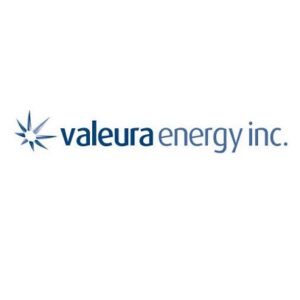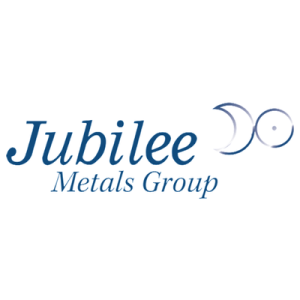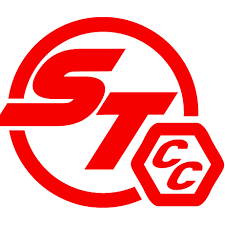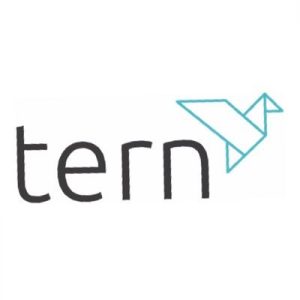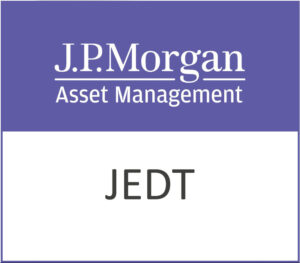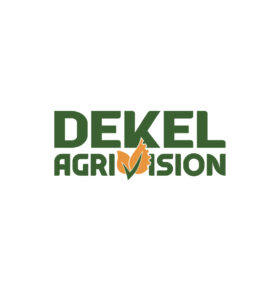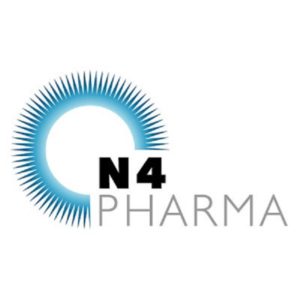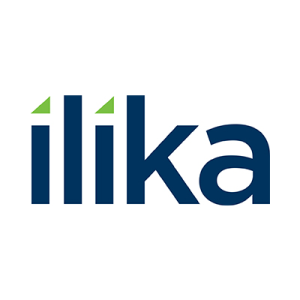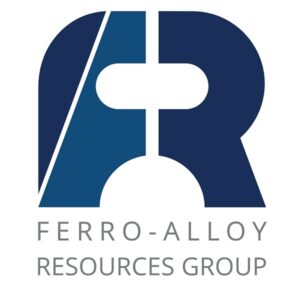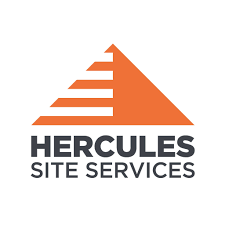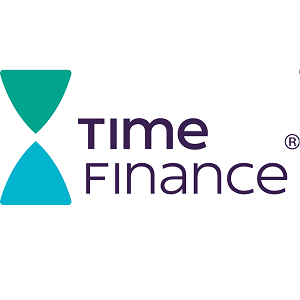B-North is the topic of conversation when Hardman and Co’s Analyst Mark Thomas caught up with DirectorsTalk for an exclusive interview.
Q1: You called your recent note “Bridge over troubled waters”. What can you tell us about it?
A1: In this note, we reviewed B-North’s core competitive advantages. We considered how the COVID-19 crisis has: i) impacted the competitive environment, if anything improving the long-term outlook; ii) affected operational issues for the company and iii) impacted on the timing of the banking licence process. We believe both lending and deposit spreads will be wider, incumbents will be internally focused and customer demand higher. Unlike incumbents, they are not facing back-book impairment or management issues. The raising of further equity is the key next step and is likely to reflect the improved outlook.
Q2: It sounds as if you are saying that, despite being a bank, B-North’s outlook has improved. Many of our listeners will find that counter-intuitive – so can you give us some more details on that?
A2: The company is clearly differentiated from incumbent banks. Usually, pre-impairment operating profits improve as banks charge more on loans to reflect higher risks and pay less for deposits as there is less competition. Incumbent banks operationally have to focus more on managing customers getting into arrears (and worse) and have much less appetite to chase new business. Non-bank competitors typically have more difficulty raising their own finance, and so they too are less active than they would be before a downturn. With COVID-19, it appears likely that corporates will be more indebted than they were before increasing the overall demand for loans, and part of the retail market has seen a significant increase in savings/deposits. All these are positive trends for the company, because it means better pricing and more volume opportunities. Now, as to the downside, banks in general are cyclical businesses, because of the credit risk on their historically written loans. However, as a new entrant, they do not carry this downside risk. It is in a very different position from the incumbents.
Q3: So where does this leave its equity raise?
A3: The company intends to raise equity: £20m required initially for its banking licence, a process we understand is close to completion, and infrastructure, with further amounts to fund growth. In terms of timing, it may now raise these funds in a single round or as an initial issue, followed by another later in the year. The improving fundamentals potentially give them options that were not available before.
Q4: So, remind us, what were the key advantages in the company’s model?
A4: Its approach is different. The key advantages are: i) IT built from scratch to directly meet customer needs; its systems will also integrate with both borrowers and, critically, and nearly uniquely, commercial finance brokers, who are expected to account for ca.70% of new business; ii) empowered regional pods, offering flexible terms, to deliver superior service; iii) strong corporate governance, with an experienced, proactive and independent board, clearly defined risk responsibilities, and a regulator challenging the business model in detail for its robustness; iv) retail deposits (from 1H’21) are flexible, cheap, sticky and diverse, and the sums that the company is looking to raise from best-buy table comparison websites are modest; v) a low-cost model, with significant automation of processes, limited infrastructure, state-of-the-art technology and appropriate outsourcing; and vi) the managers’ and shareholders’ interests are aligned, with a £1.5m+ investment upfront and founder shares that vest only on achieving value-enhancing targets.
Q5: Nothing is risk-free – so what do you see as the risks?
A5: Like any bank, once it has built a loan book, credit risk is absolutely key. We devoted an extensive section to credit risk in our initiation report. It is also a highly uncertain time, and they cannot be immune from that.
Q6: What has B-North done operationally with COVID-19?
A6: The company has managed its cash closely and deferred some expenditure. There has been a delay in the bank licence process, but we understand that is now very close to completion. It has not had to focus on problem accounts.


